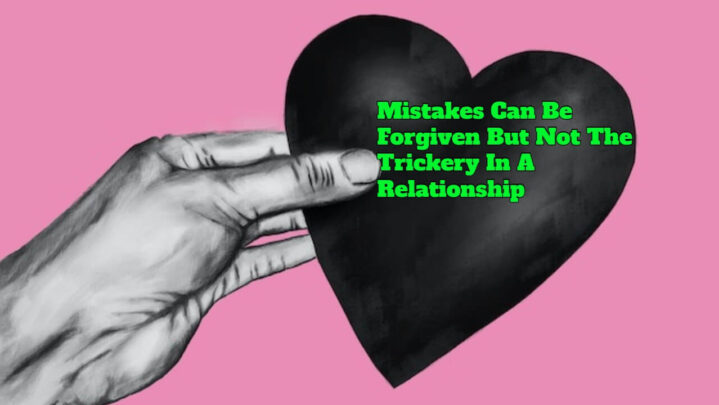Trust, frankness, and transparency are the foundations of relationships. On the other hand, it’s normal to forgive individuals when they err in relationships. You can forgive someone for making a mistake, no matter how big or minor, as long as they apologize and demonstrate sincere contrition. The relationship may progress and become more potent when two people forgive one another. However, the issue gets more challenging, and it might not always be easy to forgive when dishonesty or deception is present.
Lies, infidelity, and the concealment of crucial facts are just a few examples of how trickery may occur in a relationship. All healthy relationships are built on honesty and trust, which these activities betray. It can be challenging to get over the betrayal and broken sentiments when a partner learns that there has been deceit in the relationship. Intimacy and emotional connection may be lost as a result of communication breakdown.
Trickery may have a lasting impact on a relationship. Even if the person who was tricked’s spouse has forgiven them, it could be difficult for them to trust again. It can instil a feeling of uncertainty and distrust that can be hard to overcome. Additionally, it can undermine the victim’s self-worth and cause them to experience feelings of inadequacy and self-doubt.
Finally, it should be noted that mistakes may be forgiven and that forgiveness is a crucial component of every relationship. Trickery in a relationship, though, is a different story. It may jeopardize the honesty and trust critical to a successful partnership. Although it is always possible, forgiving someone may not always be the best course of action. Each person must decide for himself whether they can overcome the deceit and repair the relationship or whether it is time to let go and go on.





